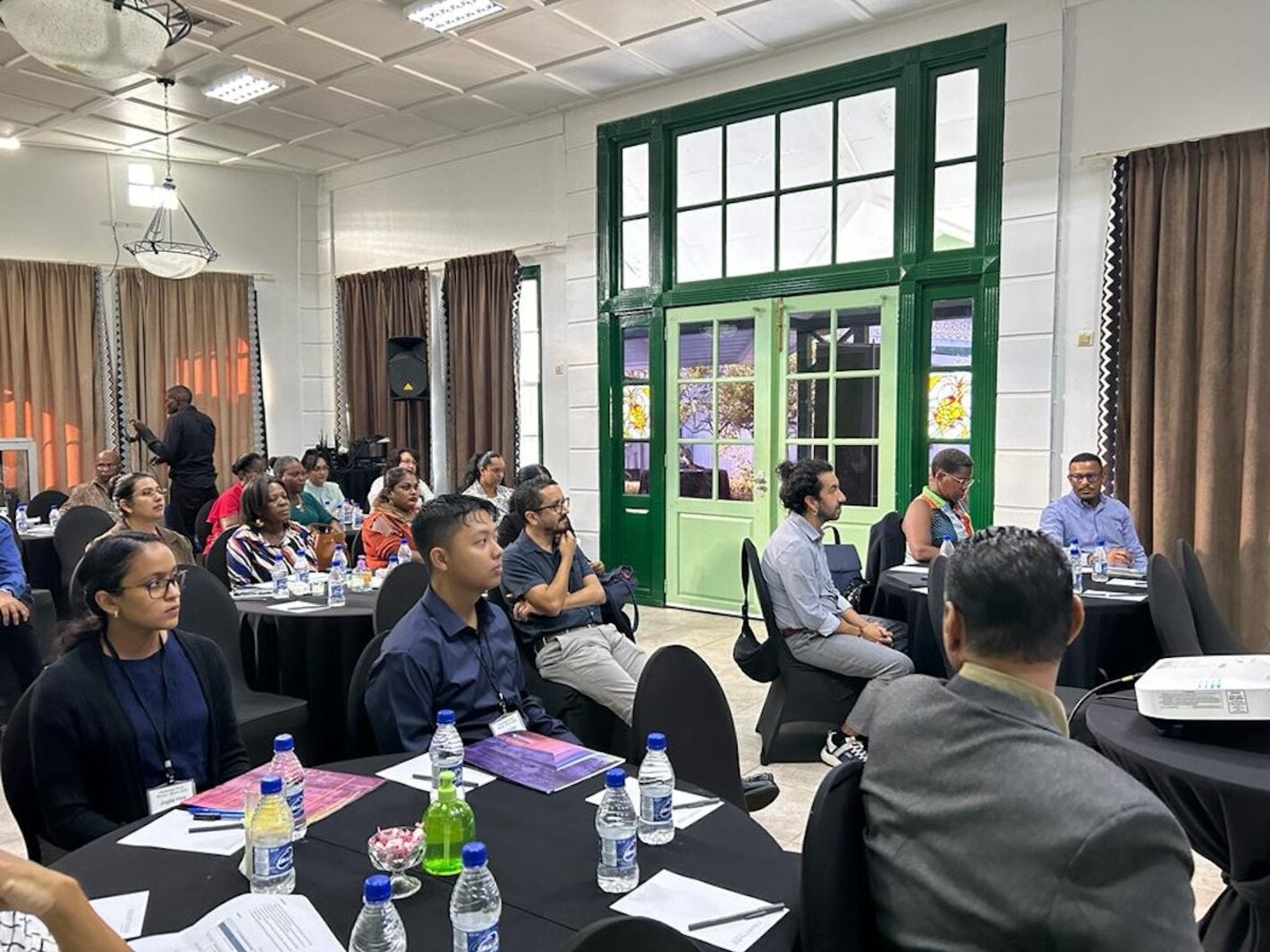
Suriname, November 30, 2023 (PAHO/WHO) – Between November 13 and 24, 2023, Suriname has taken a significant step in combating malaria through a specialized initiative program aimed at enhancing malaria surveillance. The ten-day program, a joint effort by the PAHO Country Office in Suriname and the National Malaria Program of the Ministry of Health, was held in Paramaribo.
The "Malaria Service Deliverers Training" is part of Suriname’s robust strategy to strengthen malaria surveillance and case management. This initiative particularly focuses on the capacity for rapid malaria diagnosis and treatment of uncomplicated malaria in remote gold mining areas and other communities with high mobility in Suriname.
The capacity building initiative catered to the Malaria Service Deliverers (MSD) network, which is a critical component of the national malaria surveillance system. The network comprises community health workers – primarily laypersons – who have been trained to diagnose and treat uncomplicated malaria. These workers provide essential malaria services under the supervision of the TropClinic, primarily in remote and hard-to-reach areas within the forested interior of Suriname and among mobile migrant communities.
As Suriname progresses towards the elimination of malaria, this initiative emphasized the importance of recognizing the symptoms and signs of the disease. This ensures that no cases are missed, and appropriate treatment is administered promptly after diagnosis. The training also covered case investigation techniques, which are vital in the elimination phase to investigate individual cases or clusters and understand risk factors to eliminate transmission foci.
Additionally, the capacity building initiative included a refreshment course on recognizing selected infectious diseases like Cutaneous Leishmaniasis and Leprosy. It also covered the measurement of vital signs, glucose, and blood pressure. An important aspect of the training was Behavioral Change Communication (BCC) and community engagement, equipping the workers with skills to effectively interact and engage with the communities they serve.
"This training marks a pivotal moment in Suriname's journey towards becoming malaria-free. It underscores the essential role of continuous education and capacity building in our fight against malaria," - Oscar Mesones Lapouble, technical officer from PAHO Suriname and trainer at the course.
This capacity building initiative is a testament to Suriname’s commitment to improving the quality, timeliness, and use of surveillance information, thereby making significant strides in malaria elimination and the overall enhancement of public health in remote regions.




